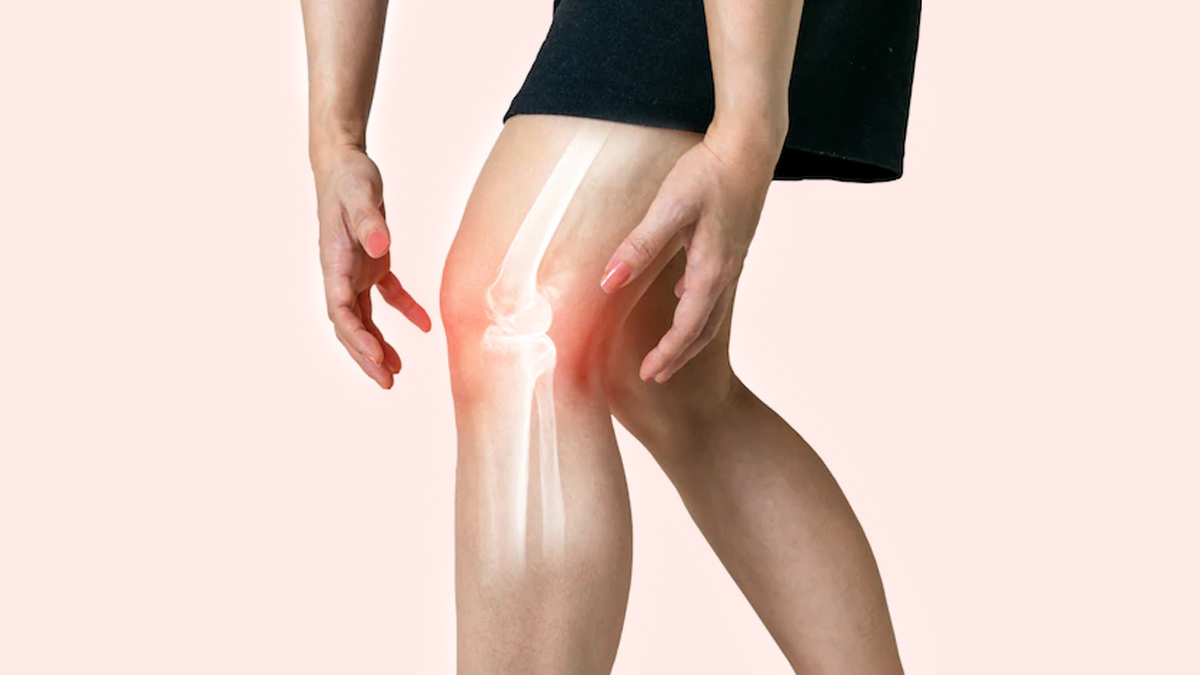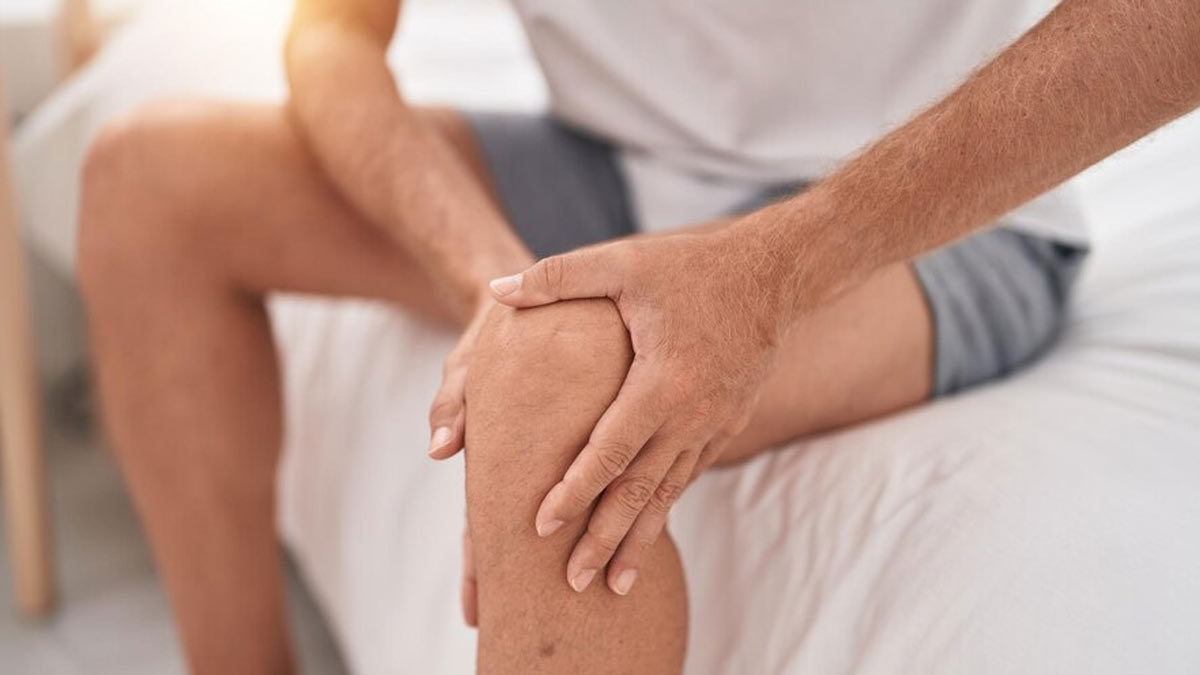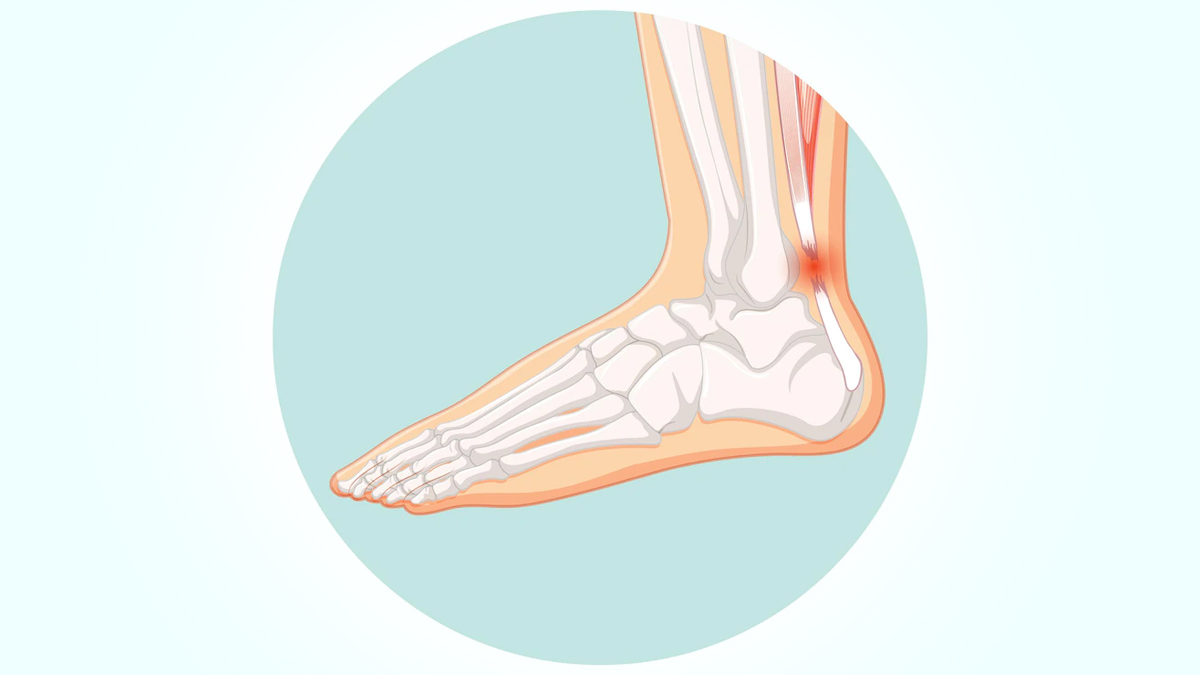
If you have joint pain and stiffness over time. It can cause major health problems over time. Occasional discomfort is not usually cause for concern; but, persistent or worsening symptoms may signal concealed health issues that require attention.
Table of Content:-
As per Indian Journal of Orthopaedics, hip and knee osteoarthritis (OA) is the most common chronic rheumatic disease that causes the majority of joint pain and disability worldwide. Here's why ignoring these symptoms can have major consequences.

Progression of Chronic Diseases
Joint pain and stiffness are often early symptoms of chronic inflammatory diseases such as rheumatoid arthritis (RA) or osteoarthritis (OA).
Also read: Clicking and Locking Joints: Tips for Joint Health and Injury Prevention
“Osteoarthritis affects the knee joint, resulting from the breakdown of cartilage. The knee, being a joint that bears weight, plays a crucial role walking and running, as well as jumping. As people age, alterations occur in the muscle mass surrounding the joint leading to degeneration. Also, changes in bone structure due to ageing, obesity and traumatic injuries contribute to knee OA,” said Dr Pramod Bhor, Director of Orthopedics and Robotic Joint Replacement Surgeon, Fortis Hospital, Vashi.
Increased Joint Damage
Ignoring symptoms can lead to unchecked inflammation or continued wear and tear on the joints, resulting in more significant damage. This damage can become irreversible, leading to chronic pain and disability.
Also read: Joint Health: Here’s What You Can Do To Maintain It In Winters
It Can Compromise Your Mobility and Function
Chronic joint pain and stiffness can significantly affect mobility and daily functioning. Tasks that were once easy, such as walking, climbing stairs, or opening jars, can become difficult or impossible. This loss of independence can impact your quality of life.
Development of Comorbid Conditions
According to the National Library of Medicine, chronic inflammation associated with joint conditions can also affect other parts of the body, leading to comorbid conditions such as cardiovascular disease, lung disease, and osteoporosis. The risk of these conditions increases if joint pain and stiffness are not adequately managed.
It Can Impact Your Mental Health
Living with untreated joint pain and stiffness can lead to mental health issues, including depression and anxiety. The constant pain can affect sleep patterns, energy levels, and mood, contributing to a cycle of physical and mental health decline.
Increased Risk of Falls and Injuries
Joint stiffness and pain can affect balance and coordination, increasing the risk of falls and injuries. This is particularly concerning for older adults, for whom falls can result in serious injuries such as fractures.

Delayed Diagnosis and Treatment
Ignoring symptoms delays the diagnosis and treatment of the underlying cause of joint pain and stiffness. Early intervention is crucial for managing many joint-related conditions effectively. Delayed treatment can limit the effectiveness of available treatments and potentially lead to a poorer prognosis.
What to Do
Seek Medical Advice
If you experience persistent or severe joint pain and stiffness, it's important to consult an orthopaedic doctor. They can conduct a thorough evaluation to determine the cause of your symptoms and recommend appropriate treatment.
Lifestyle Adjustments
Incorporating a healthy diet, regular exercise, and weight management can help manage symptoms and improve joint health.
Medication and Therapies
Based on the diagnosis, medications, physical therapy, and sometimes surgical options may be recommended to manage symptoms and prevent further joint damage.
Self-care Strategies
Simple home remedies and self-care practices, such as using heat and cold compresses, practicing relaxation techniques, and taking over-the-counter pain relievers, can help manage pain and stiffness. Ignoring joint discomfort and stiffness can lead to significant repercussions. Early intervention and effective care are essential for maintaining joint health, mobility, and quality of life.
Also watch this video
How we keep this article up to date:
We work with experts and keep a close eye on the latest in health and wellness. Whenever there is a new research or helpful information, we update our articles with accurate and useful advice.
Current Version